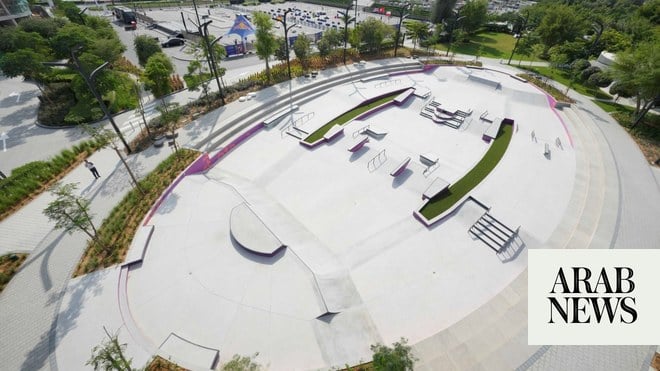
UK Sport is to cut funding from so-called posh sports – including equestrianism, sailing and rowing – for the next Olympic cycle as part of its plans to start helping a more diverse range of sports.
While basketball, surfing and skateboarding will all receive £1.3m of funding as part of new “progression investments” in the buildup to the Paris 2024 Olympics – along with table tennis, weightlifting, climbing and fencing – sports seen as being played more by public schools are being asked to take a stiffer haircut.
Canoeing’s funding has been cut from £16.3m to £12.1m, while rowing has dropped from £24.6m to £22.2m. Equestrianism (down to £11.1m), modern pentathlon and sailing (£21.3m) will also receive around a million pounds less to prepare for Paris 2024.
The UK Sport chief executive, Sally Munday, agreed that part of the change in emphasis was an attempt to level things out between traditional public school sports, such as rowing, to ones that inner-city kids are more likely to take part in, such as skateboarding.
“We’re really clear that what we are aiming to do is have teams at the Olympics and Paralympic Games that represent our society,” she said.
However, PentathlonGB immediately vowed to appeal after its funding was cut from £5.5m to £4.4m. A statement said: “We recognise that, particularly in the current climate, difficult decisions have to be made, but the decision has left us perplexed about the lack of parity there seems to be across the sports receiving this crucial funding.”
Asked whether UK Sport wanted working-class inner-city areas to be better covered, Munday replied: “Yes, that has played a part. You look at some of the sports that are now in our progression stream. You look at the likes of basketball, you look at skateboarding – these are sports that are probably going to bring new people into the Olympic and Paralympic family. And I think that’s really exciting.”
UK Sport has been given £352m to invest in sports for the Paris 2024 Olympic cycle, up £7m from that allocated for Tokyo. It said that 36 sports, more than ever before, would receive “world-class programme” funding, while seven newer sports would get “progression investments” to support long-term medal prospects. However, because UK Sport was now funding more sports, Munday conceded that some would have to lose out.
“Clearly there are sports that have taken some slightly bigger cuts than others,” she added. “Some of them might not have been expecting it as much as others and they’ll now look at how they cut their cloth accordingly. But everybody recognises the times that we’re in. Funding is a privilege, it’s not a right.”
UK Sport said that another new strand in its new strategy was to try to win medals “the right way” in future following repeated allegations of a “culture of fear” across the sporting ecosystem in recent years, including at British Cycling and British Gymnastics.
“There is no room in our system for people who do not want to do things the right way,” said Munday. “Bad people will try and infiltrate and be part of our system. We don’t want them. We will be asking everyone in the system to be working with us to get rid of people if they’re not going to behave in a way that aligns with the Olympic and Paralympic values. And if that requires us to remove money from sports, then that is what we will do.”
Munday said UK Sport would also be beefing up its integrity unit and would draw up a new integrity strategy next year. She said the organisation wanted to be “very clear on where the line is, and we’ll be consulting on that in the new year”.
Meanwhile the UK Sport chair, Katherine Grainger, refused to be drawn on whether the change in approach marked the end of UK Sport’s “no compromise” ethos, in which only sports with a realistic chance of medals received funding.
“It’s still going to be about winning,” she stressed. “The British public have told us that they want us to keep winning. But it will really focus on how we win on the global stage, and I want our sporting community to be known internationally for its people-first approach, and also known for upholding the highest standards of integrity.”
There were also big wins for badminton, wheelchair rugby and archery, which were all put back on funding, having been taken off in 2016.












